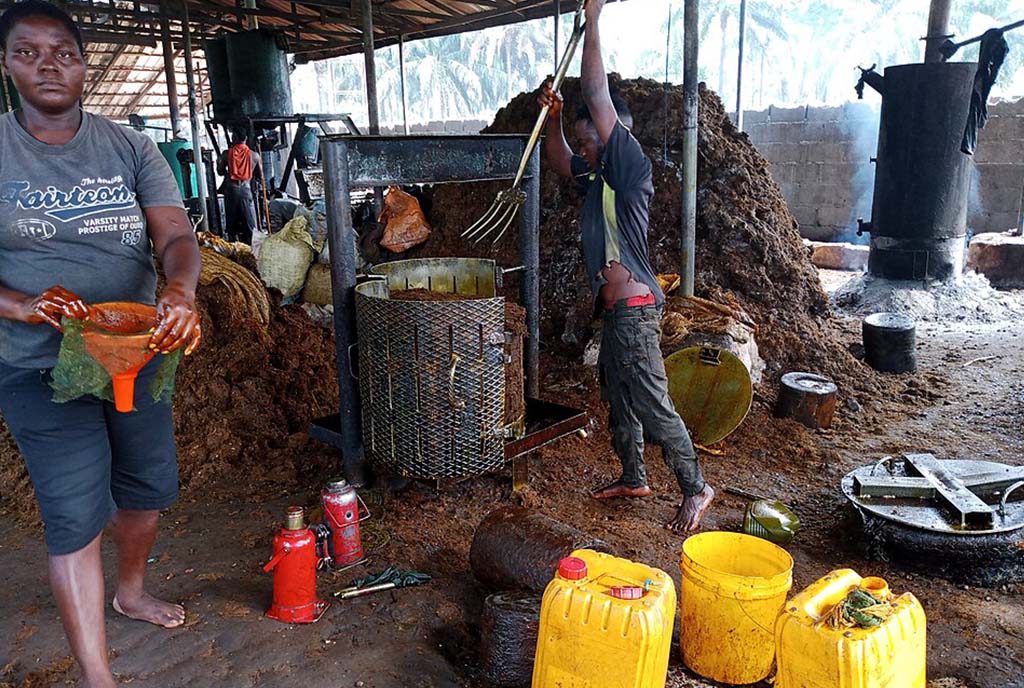
Corporate responsibility in sustainability has become an essential aspect of modern work. Companies are now often expected to actively contribute to environmental protection and uphold high ethical standards throughout their supply chains. This includes sourcing materials responsibly, ensuring fair labor practices, and maintaining transparency and accountability at all stages of production and distribution.
Ethical supply chains are defined as networks of production and distribution that operate in a manner respecting environmental sustainability, human rights, and ethical labor practices. Not only does this approach ensures compliance with regulations, but it also aligns with corporate social responsibility (CSR) goals, enhancing a company’s reputation and customer loyalty.
Transparency helps in building trust with consumers and stakeholders, who increasingly demand to know the origins of products.
A recent investigation involving global companies like Nestlé and Kellogg illustrates the importance of these ethical supply chains. Both companies were implicated in a report linking them to a palm oil supplier engaged in deforestation. This incident underlines the necessity for companies to thoroughly vet their suppliers and ensure their practices align with ethical standards to avoid reputational damage and contribute positively to global sustainability efforts.
Understanding Ethical Supply Chains
An ethical supply chain is characterized by several key elements that ensure the integrity and sustainability of business operations:
- Transparency: Full visibility into all aspects of the supply chain involves clear documentation and communication about the sources of materials, production processes, and labor practices. Transparency helps in building trust with consumers and stakeholders, who increasingly demand to know the origins of products they purchase.
- Sustainability: Incorporating environmentally sustainable practices is a cornerstone of an ethical supply chain. This includes minimizing carbon footprints, reducing waste, and ensuring that natural resources are used responsibly. Sustainable practices help in mitigating environmental impacts.
- Fair Labor Practices: This means providing safe working conditions, fair wages, and respecting workers’ rights. Ethical labor practices help in preventing exploitation and promoting economic justice.
- Accountability: Holding all parties in the supply chain accountable for their actions involves regular audits, compliance checks, and taking corrective actions when necessary. Accountability ensures that ethical standards are maintained consistently and that any deviations are promptly addressed.
Palm Oil and the Destruction of the Amazon
In recent years, the devastating effects of deforestation on our planet’s ecological balance have garnered global attention. Multinational corporations, such as those involved in the food and beverage industry, have been scrutinized for their roles in contributing to these environmental issues. An investigative report, Carving Up the Amazon, released in February 2024 by the Environmental Investigation Agency (EIA), drew a connection between major companies such as Nestlé and Kellogg and the ongoing deforestation crisis.
Deforestation is occurring in the Amazon at an alarming rate, primarily driven by the demand for agricultural commodities. Palm oil, a widely used ingredient in countless products, is one of the main commodities linked to deforestation.
The EIA report revealed that the supply chains of Nestlé and Kellogg, along with other companies like Colgate, include palm oil from the mills of a controversial supplier engaged in environmental destructive practices: Ocho Sur P. This company operates in the Ucayali region of Peru, an area that has become a hotspot for palm oil production and associated deforestation. The operations of Ocho Sur P have been marred by a series of legal and environmental violations, including accusations of clearing vast tracts of forests without the necessary environmental permits or assessments, and cases of human rights violations against Indigenous people.
In Peru, weak governance, inadequate enforcement of environmental laws, and corruption have created an environment where these illegal activities can thrive. The complexities of land tenure and the lack of clear legal frameworks further complicate efforts to hold companies accountable.
But the environmental impact of palm oil production by companies like Ocho Sur P extends far beyond deforestation. The cultivation of oil palm requires large amounts of land, water, and chemical inputs, all of which contribute to the degradation of ecosystems. The conversion of rainforest into palm oil plantations leads to soil erosion, water contamination, and a significant reduction in carbon sequestration capacity.
Palm oil plantations are often established through slash-and-burn methods, which release large amounts of carbon dioxide and other greenhouse gases into the atmosphere. This not only exacerbates climate change but also results in hazardous air quality, affecting both human health and the environment. The smoke from burning forests can travel vast distances, impacting air quality in regions far removed from the initial deforestation sites.
The biodiversity loss associated with palm oil production is also significant. Rainforests are home to an incredibly diverse array of flora and fauna, many of which are endemic and cannot survive outside their natural habitats. The destruction of these forests for palm oil cultivation leads to the displacement and death of countless species, pushing them closer to extinction.
Effective regulation is the foundation of an ethical supply chain, ensuring that all actors are held to the same high standards.
Environmental degradation caused by palm oil production has profound socioeconomic impacts on local communities. Indigenous peoples and rural communities that rely on the rainforest for their livelihoods are disproportionately affected. The loss of forest resources, such as medicinal plants, food sources, and clean water, hinder their ability to sustain themselves.
The expansion of palm oil plantations often leads to conflicts over land rights and resources. In many cases, Indigenous communities are forcibly displaced from their ancestral lands, leading to the loss of cultural heritage and traditional knowledge.
Sign up for our free newsletters
Subscribe to NPQ's newsletters to have our top stories delivered directly to your inbox.
By signing up, you agree to our privacy policy and terms of use, and to receive messages from NPQ and our partners.
At the international level, the EIA report calls for stronger regulations and enforcement mechanisms to address deforestation linked to palm oil production. The European Union Regulation on Deforestation-Free Products (EUDR), which aims to ensure that commodities placed on the EU market do not contribute to deforestation, is a critical step toward achieving greater accountability. However, the report stresses that more needs to be done.
The rights of Indigenous peoples and local communities must be prioritized in efforts to combat deforestation.
How to Create a More Ethical Supply Chain
Governments, both in producer and consumer countries, must strengthen their regulatory frameworks to prevent illegal deforestation and ensure companies adhere to environmental and human rights standards. This includes implementing and enforcing laws such as the EUDR and creating mechanisms for monitoring and verification. Effective regulation is the foundation of an ethical supply chain, ensuring that all actors are held to the same high standards.
Companies like Nestlé and Kellogg must be accountable, implementing robust traceability systems and conducting independent audits of their supply chains. They should commit to sourcing palm oil exclusively from suppliers that adhere to sustainable practices and respect the rights of local communities. Corporate accountability is a cornerstone of an ethical supply chain, requiring transparency and integrity at every stage of production.
The rights of Indigenous peoples and local communities must be prioritized in efforts to combat deforestation. This includes recognizing and protecting land tenure, ensuring meaningful participation in decision-making processes, and providing support for sustainable livelihoods.
Investment in sustainable agricultural practices is essential to reduce the environmental impact of palm oil production. This includes promoting agroforestry, improving yield efficiencies on existing plantations, and supporting initiatives that restore degraded land. Sustainable agriculture practices form the backbone of an ethical supply chain, balancing productivity with environmental stewardship.
Consumers also play a crucial role in driving demand for sustainable products. Raising awareness about the environmental and social impacts of palm oil production and encouraging consumers to make informed choices can create pressure on companies to adopt more sustainable practices. Informed consumer choices are a driving force behind an ethical supply chain, empowering individuals to demand better practices from companies.
Ensuring an ethical supply chain involves a broad-based approach that encompasses regulatory frameworks, corporate accountability, Indigenous rights, sustainable agriculture, and consumer awareness. Through these principles, the palm oil industry can move toward practices that not only mitigate environmental damage but also promote social equity and economic resilience.
The goal of an ethical supply chain is to create a system where economic activities support environmental sustainability and social justice, rather than undermine them. It is a vision that requires commitment, innovation, and collaboration from all stakeholders, and it is one that holds the promise of a more sustainable and equitable future.
For More on This Topic:
Net Zero: How Far Have We Really Come?
The Cost of Going Green for Nonprofits
The “Long Awaiting”—Lifting Up Native Voices for Economic Justice












